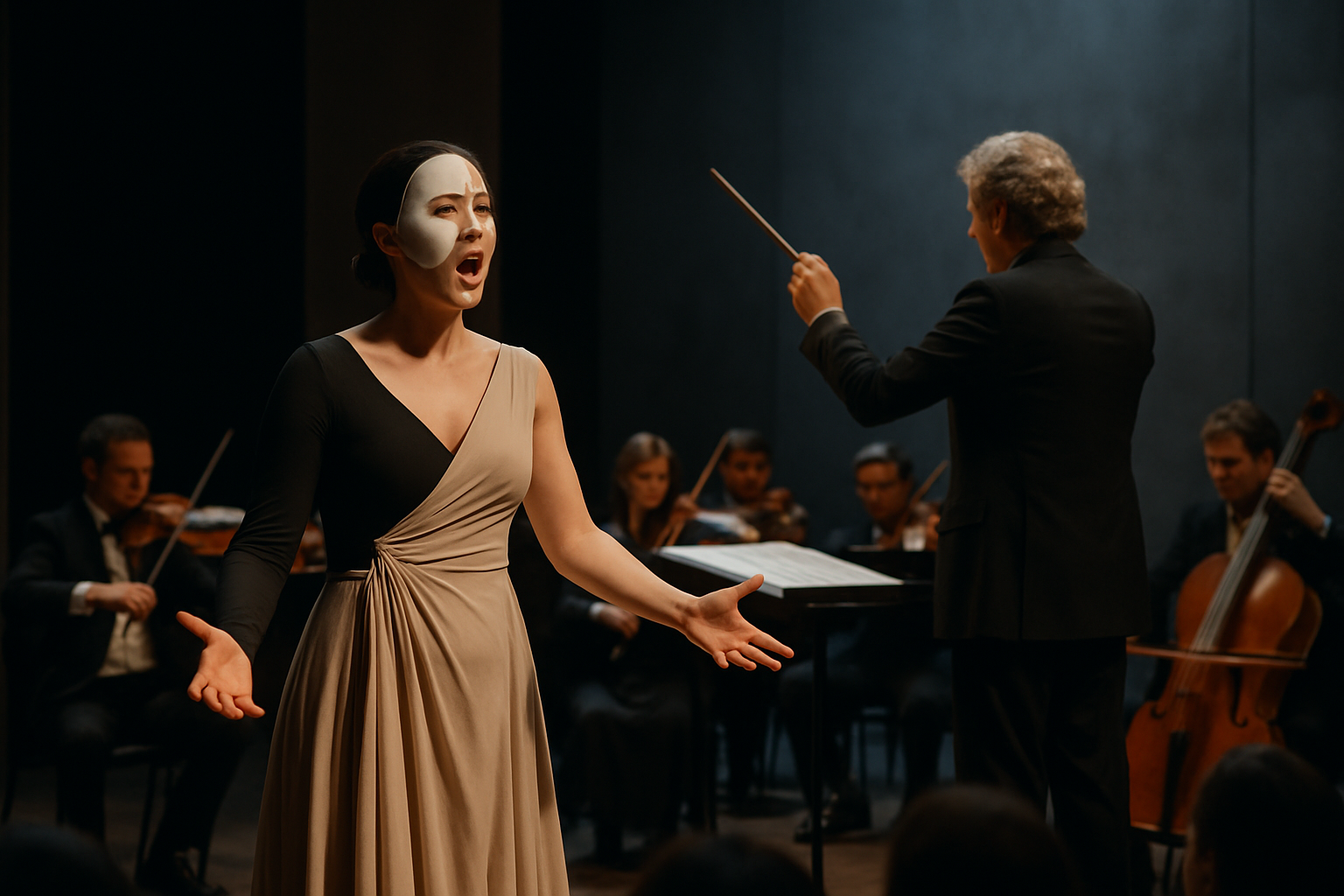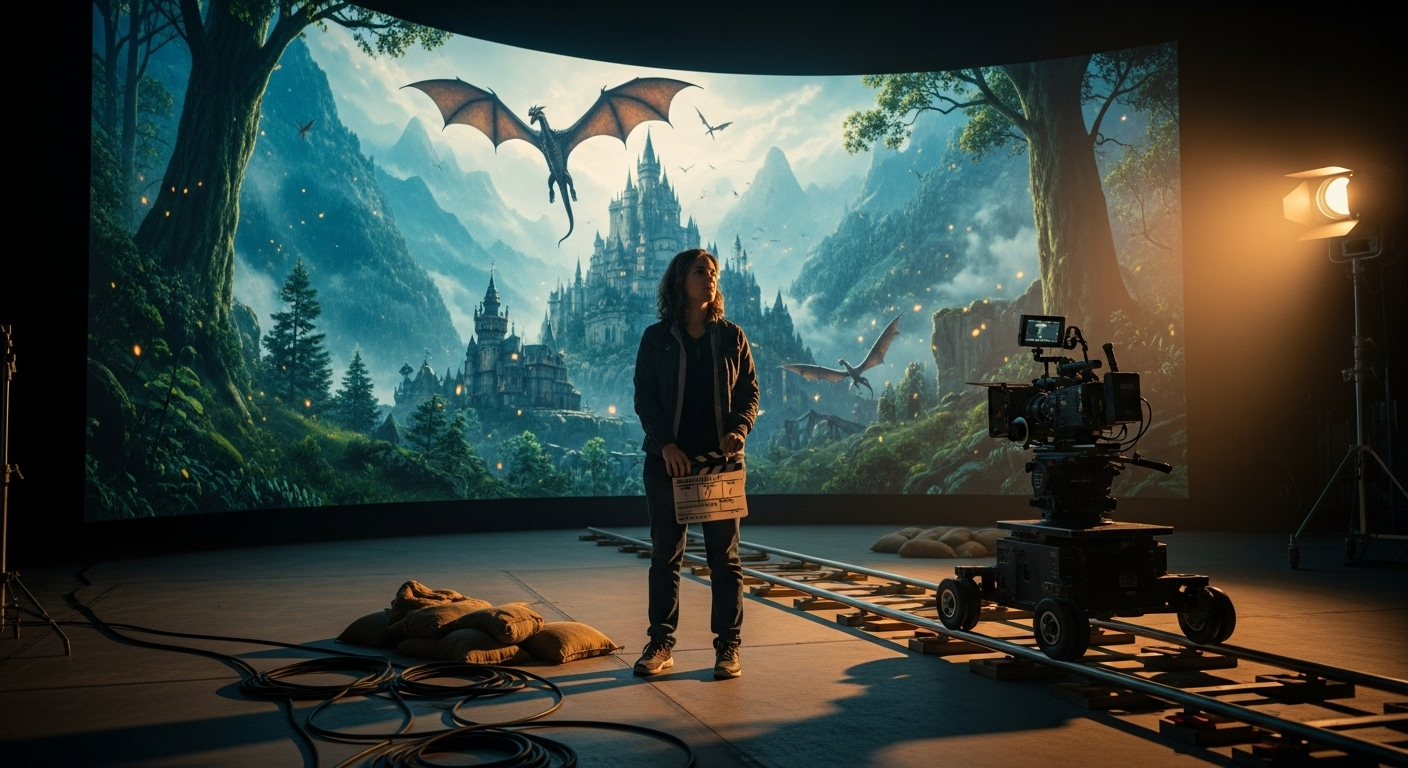Unmasking the Modern Opera: A New Wave of Musical Storytelling
The world of opera is far from stagnant. With the turn of the millennium, a new wave of modern opera has begun to capture audiences worldwide, bringing fresh life to a centuries-old art form and challenging the conventions of this classical genre. This new wave, characterized by contemporary themes, innovative staging, and a fusion of musical styles, is reshaping the future of opera and redefining its cultural significance.

A Brief History of Opera
Opera, a form of theatre in which music is a fundamental part of the dramatic structure, has a rich and layered history that spans over four centuries. Born in Italy during the late Renaissance, its earliest form was a fusion of music, dance, and poetry intended to recreate the ancient Greek dramas. Over the centuries, opera evolved into a grand spectacle, becoming a significant cultural phenomenon in Europe and worldwide. However, despite its evolution, traditional opera has often been criticized for being inaccessible and outdated, leading to a decline in popularity.
The Emergence of Modern Opera
In the early 21st century, a new form of opera began to take shape. Modern opera, as it is now known, emerged as a response to the need for innovation and relevance in the opera world. This contemporary movement reflects modern society and its complexities, addressing topical issues such as politics, identity, and sexuality.
One of the most significant developments in modern opera is the fusion of musical styles. While traditional opera strictly adheres to classical music, modern opera embraces a range of genres, including jazz, electronic, and pop music, making it more appealing to a broader, younger audience.
The Impact of Modern Opera
The impact of modern opera is profound and multifaceted. It is not only redefining the boundaries of the genre but also challenging the audience’s perception of what opera can be.
Modern opera’s focus on contemporary issues has made it more relevant and relatable to today’s audiences, providing a platform for societal commentary and critique. Moreover, its innovative use of staging and technology, from digital sets to immersive experiences, has transformed the opera into a dynamic, visual spectacle that captures the audience’s imagination.
The Reception of Modern Opera
While modern opera has its critics, the reception has been largely positive. Its originality and relevance have attracted new audiences, particularly younger generations, to the opera. Additionally, it has garnered interest from the broader music industry, with modern operas winning prestigious awards and being performed at renowned music festivals.
Looking Ahead
As we look to the future, it is clear that modern opera is not a passing trend but a significant shift in the opera landscape. Its relevance and innovation are not only revitalizing the genre but also ensuring its survival in the 21st century.
In conclusion, the new wave of modern opera is a testament to the enduring power of creative expression. It is a bold, refreshing take on a classic art form that continues to engage, challenge, and captivate audiences worldwide. As modern opera continues to evolve, it promises to keep opera relevant and exciting, ensuring its place in the cultural canon for generations to come.





